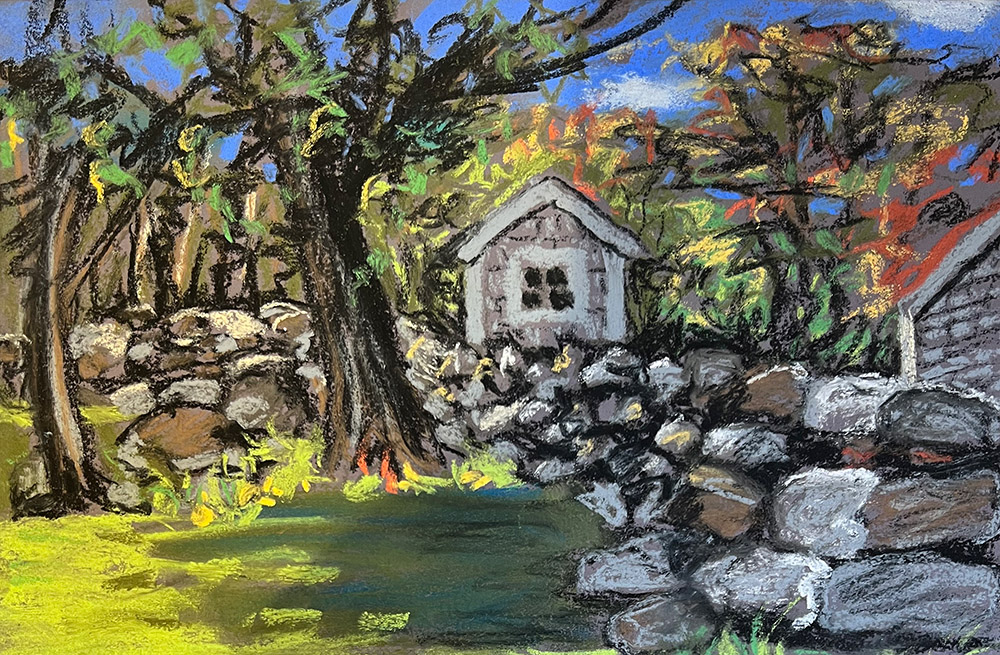
















Identifying Feedback
What are common places for feedback?
Question 1:
What is the ideal place to deliver feedback?
There is no right answer to this--it depends on the type of feedback being given
To residents on rotations (ideally should be TIMELY--just after an event, not weeks later)
To students on rotations (ideally TIMELY--after an interaction or presentation, etc, not just at the end of the rotation)
To faculty giving conferences (should be right after the conference)
To technologists after a patient interaction (should be TIMELY and specific)
There should not be a wall constraining feedback to only certain times/places!

Identifying Feedback
Learners should ideally know when and how they will receive feedback, and have input into this.
Question 2:
What is a common cause of learners saying they are not getting enough feedback?
They may not recognize feedback when it happens.
Another example from Breast Imaging--procedures:
1. meet with resident before the case, make sure they understand the clinical issues and have reviewed the imaging
2. ask them what they find the most challenging in doing procedures (may vary widely depending on their past experience, which you may not know much about)
3. carefully observe, and be ready to step in and help
4. give specific and detailed feedback immediately after the procedure
5. offer resources for helping them improve (websites, practice sessions with equipment and non-patient materials, etc)
Learners may feel snowed under by too much feedback without concrete ideas of where to go for more practice/information/study

Identifying Feedback
Example of feedback that was initially not successful--NAMES matter
Question 3:
What should you call a session where you review a classic chest image one-on-one with a student, and give them feedback?
Chest Classics? Case Review? One-on-One Session?
As director of a Longitudinal Radiology course at Cambridge Health Alliance, I scheduled 3 one-on-one sessions with each student at a viewing station, using chest cases in a board-exam-like setting.
At the end of each session I told them what they had missed, what mistakes they had made
Because I had data from these cases from use with many other students, I could normalize their performance against others.
It was a complete failure--students in their year-end evaluation of Radiology said that they did not get any individual feedback from me! I called the sessions 'Chest Review'.
After I changed the name to 'Feedback', they were a huge success.
Feedback can be a misty mystery to learners, hard to realize when it is happening





